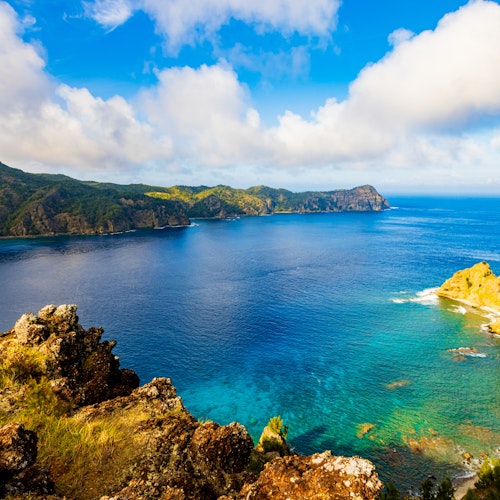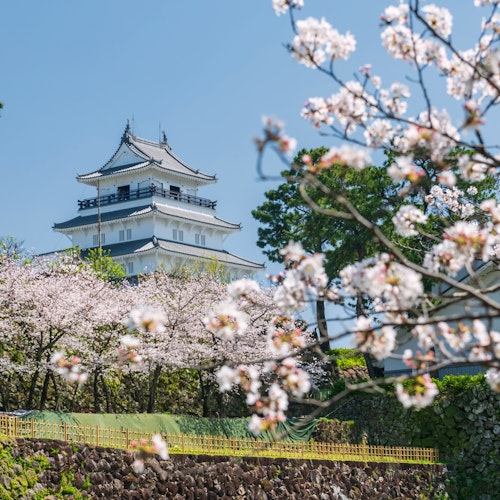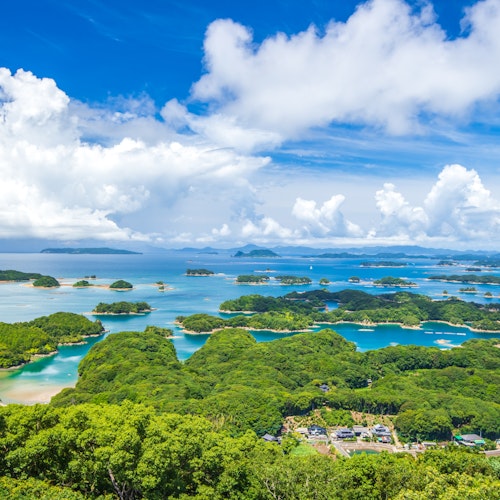
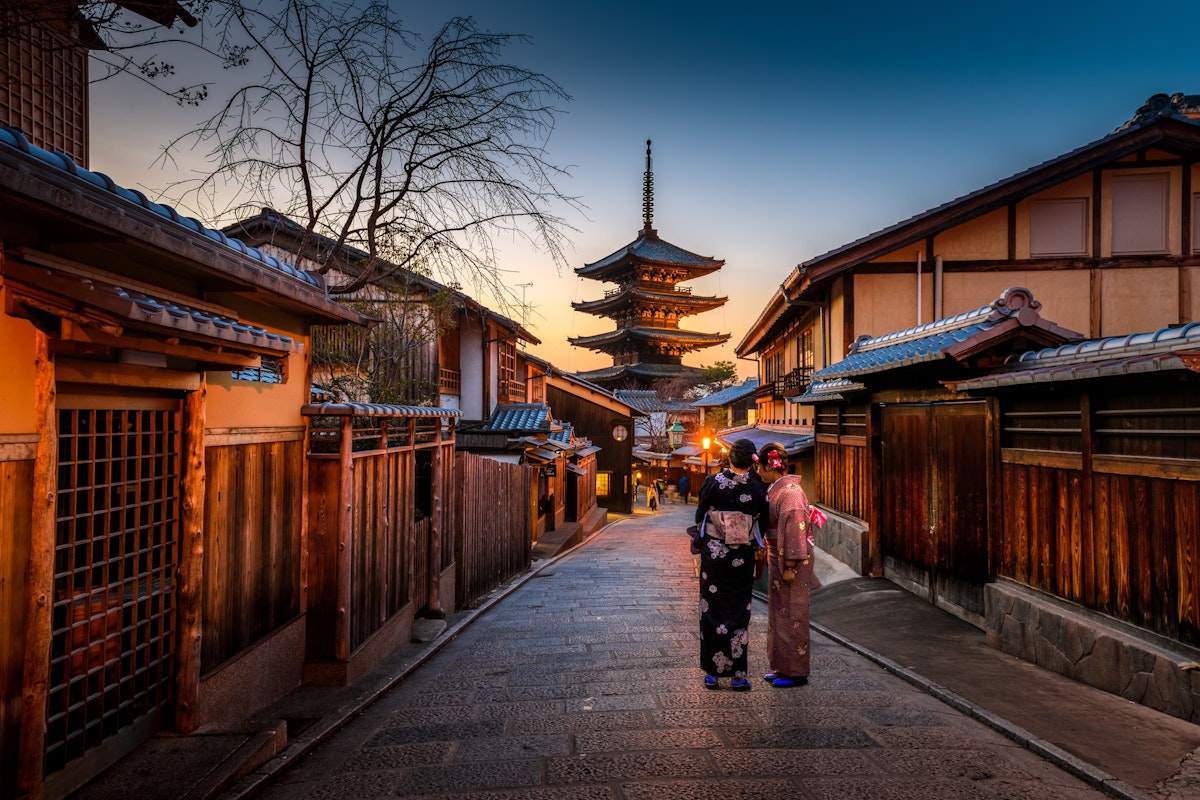
Japan is a country that has long been celebrated for its unique culture, rich history, and breathtaking landscapes. However, with the increasing popularity of global tourism, Japan is facing numerous environmental challenges that threaten its natural beauty and cultural heritage. As responsible travelers, it is crucial for us to take steps toward minimizing our impact on the environment and promoting sustainable tourism practices. Fortunately, Japan has a lot to offer in terms of eco-friendly travel options that allow us to experience the country's beauty while minimizing our carbon footprint. From train rides that offer scenic views to eco-lodges and wildlife watching, Japan's eco-friendly travel options are as diverse as they are exciting.

In this article, we will take a closer look at Japan's best eco-friendly travel options, highlighting sustainable transportation, eco-friendly accommodations, and environmentally-friendly activities that allow us to experience the best of Japan while leaving a minimal impact on the environment. So, pack your bags and join us on this eco-friendly journey through Japan!
Japan, known for its technological advancements and environmentally conscious mindset, offers a wide array of sustainable transportation options for both locals and tourists alike. As the world shifts its focus toward greener solutions to reduce carbon emissions and mitigate climate change, Japan has emerged as a leader in providing eco-friendly travel options, ranging from an extensive railway network and scenic train routes to the popularity of cycling and the rise of electric vehicles.
Japan's efficient and extensive railway network, including the famous Shinkansen (bullet train), is one of the most eco-friendly and convenient ways to travel throughout the country. With an impeccable safety record and punctuality, train travel in Japan not only reduces individual carbon footprints but also offers a comfortable and enjoyable journey. The vast network connects major cities, towns, and even remote areas, making it an ideal transportation option for tourists and locals alike.
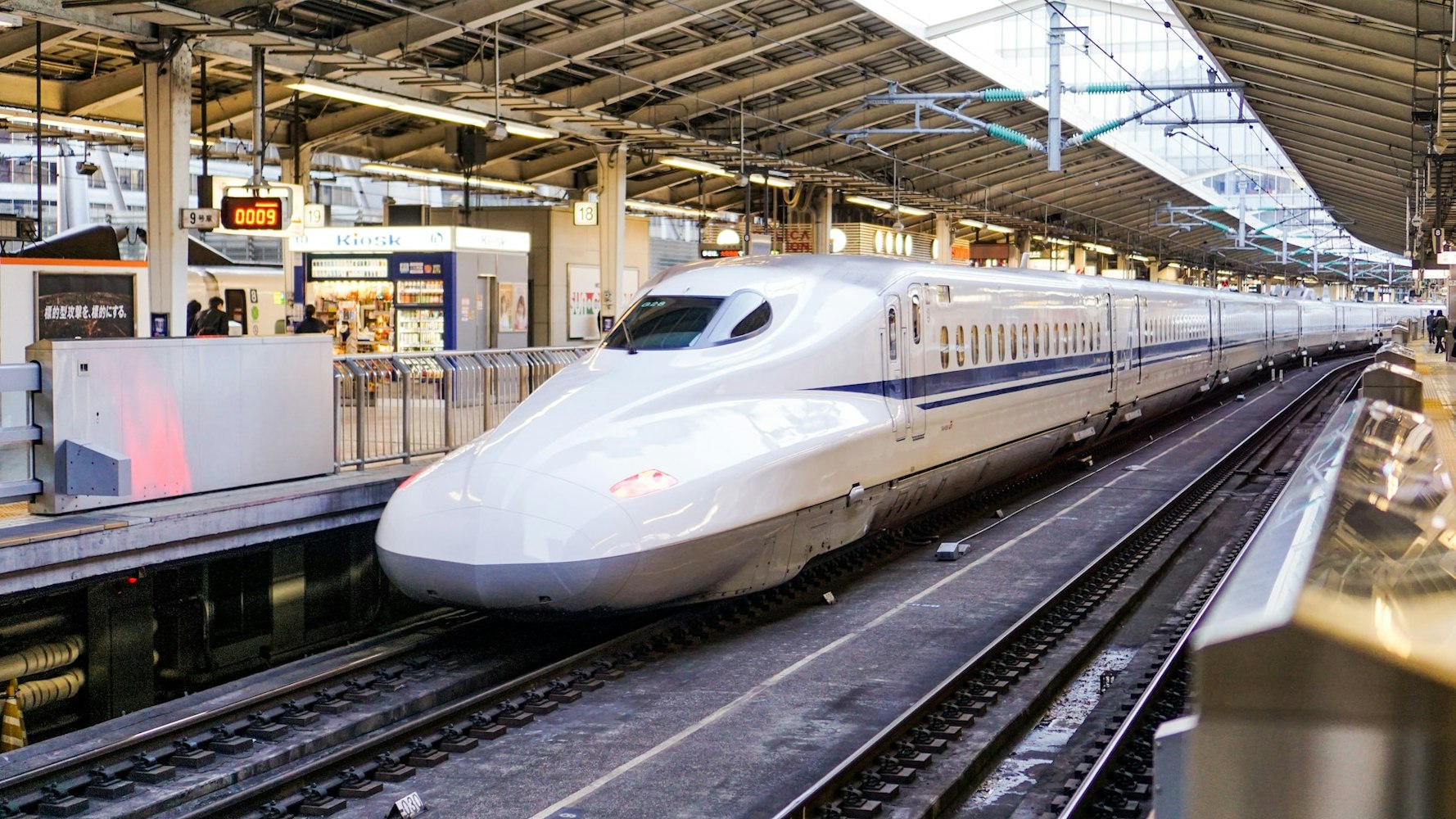
In addition to the practicality of train travel, Japan also boasts a variety of scenic train rides, providing passengers with the opportunity to witness the country's stunning landscapes from the comfort of their seats. From the coastal views along the Sanriku Railway to the lush forests and mountains traversed by the Takayama Main Line, these scenic routes offer a unique and immersive experience that allows travelers to appreciate Japan's natural beauty while minimizing their environmental impact.

Learn more about the shinkansen at SCMAGLEV Railway Park.
Cycling is another popular and sustainable transportation choice in Japan, favored by locals for its convenience, affordability, and low environmental impact. Many cities have dedicated cycling lanes and bike-sharing programs, making it easier for both residents and tourists to navigate urban areas and explore nearby attractions. Moreover, cycling offers an opportunity to experience Japan at a slower pace, connecting with local communities and the environment.

For those looking to explore Japan on two wheels, numerous cycling routes are available, ranging from leisurely rides through picturesque countryside to challenging mountain trails. The Shimanami Kaido, a 70-kilometer route connecting the main islands of Honshu and Shikoku, is renowned for its breathtaking coastal scenery and dedicated cycling paths. Other notable routes include the historic Nakasendo Trail and the picturesque Satoyama Kizuna Trail in rural Gifu Prefecture.
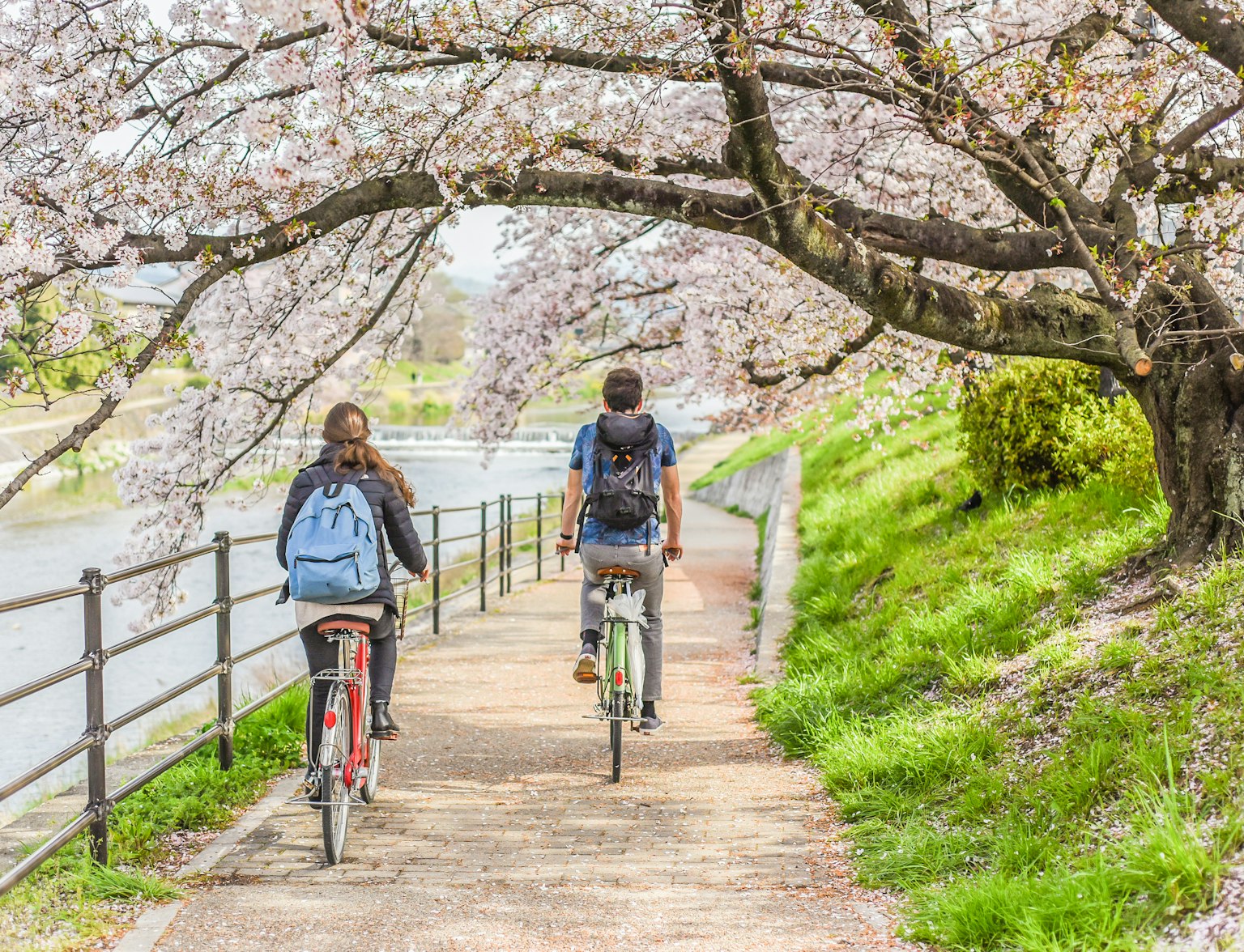
Explore Kyoto's lesser-known alleys by cycling.
As the birthplace of renowned electric vehicle (EV) manufacturers like Nissan and Toyota, Japan has embraced the transition to sustainable automotive technology. The country has invested in EV infrastructure, including charging stations, to encourage the adoption of electric cars. For tourists looking to reduce their carbon footprint while visiting Japan, renting an electric car can be a practical and environmentally friendly option for exploring the country.

If you're considering renting an electric car during your trip to Japan, it's essential to familiarize yourself with the available charging stations and plan your route accordingly. Major rental car companies in Japan offer electric vehicles, and booking in advance can help secure your preferred model. Ensure you have a valid international driver's license and understand Japan's traffic rules to guarantee a safe and enjoyable driving experience.

Drive your EV in Kyoto to this stunning garden for a tea ceremony experience.
As a leader in sustainability and eco-friendly practices, Japan offers a wide variety of green accommodations for environmentally conscious travelers. From traditional ryokans and compact capsule hotels to the growing trend of eco-lodges, Japan's sustainable accommodations provide unique experiences that minimize environmental impact while maximizing cultural immersion and comfort.
Ryokans are traditional Japanese inns that offer an authentic cultural experience with an emphasis on simplicity and sustainability. These inns typically use locally sourced materials, energy-efficient designs, and traditional craftsmanship, making them an eco-friendly alternative to conventional hotels. Additionally, ryokans often feature communal baths, known as onsen, which utilize natural hot springs and promote water conservation.

Japan is home to many ryokans that combine traditional elements with modern sustainability practices. Some notable examples include the luxurious Hoshinoya Kyoto, which incorporates energy-saving features and sustainable building materials, and the rustic Takaragawa Onsen, which prioritizes environmental preservation and community engagement. These ryokans offer an authentic and environmentally conscious experience for travelers seeking to immerse themselves in Japanese culture.
Capsule hotels, first introduced in Japan in the 1970s, offer small, private sleeping pods as an affordable and space-efficient alternative to traditional hotel rooms. By minimizing the use of resources and energy, capsule hotels provide a unique and sustainable accommodation option for budget-conscious travelers. These hotels often feature shared facilities, such as bathrooms and lounges, which further promote resource conservation.

Image Credit: David Pursehouse
Japan boasts numerous innovative capsule hotels that prioritize sustainability and affordability. The Nine Hours chain, with its minimalist design and energy-efficient features, is a popular choice among eco-conscious travelers. Additionally, the Book and Bed Tokyo offers a unique literary-themed experience, with sleeping pods integrated into a cozy library space, encouraging guests to share resources and minimize waste.
Eco-lodges in Japan are gaining popularity as sustainable alternatives to traditional accommodations, providing guests with a comfortable stay while minimizing their environmental impact. These lodges often incorporate renewable energy sources, water conservation measures, and waste reduction initiatives, as well as offering locally sourced, organic meals to reduce their carbon footprint.
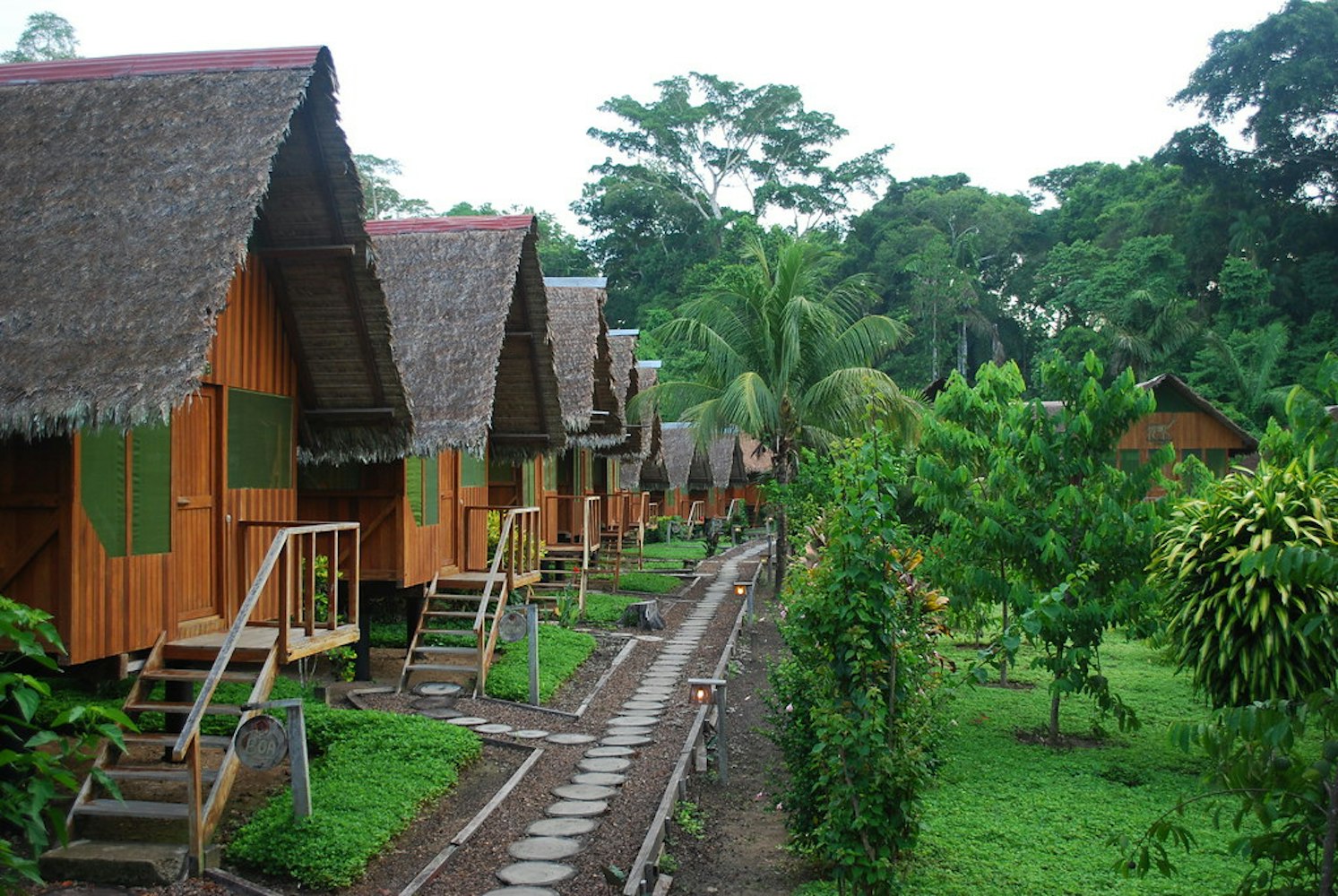
Image Credit: Ivan Mlinaric
The Kamikatz Public House in Tokushima Prefecture is a prime example, with its upcycled building materials and commitment to zero-waste principles. The Yoshino Cedar House, located in Nara Prefecture, is another notable eco-lodge, showcasing sustainable architecture and a strong connection to the local community. These eco-lodges provide travelers with unforgettable experiences while promoting responsible tourism and environmental stewardship.

Complements with the sustainable stay in Nara prefecture.
Japan, with its diverse landscapes and rich cultural heritage, offers a wide range of eco-friendly activities for travelers looking to minimize their environmental impact while exploring the country. From nature walks and hiking trails to wildlife watching and volunteering opportunities, these activities promote responsible tourism and allow visitors to engage with Japan's unique environment and communities in a sustainable manner.

Japan's diverse terrain offers an abundance of nature walks and hiking trails that allow visitors to immerse themselves in the country's natural beauty while minimizing their environmental impact. Hiking and nature walks are low-impact activities that enable travelers to experience Japan's stunning landscapes, from the lush forests of Yakushima to the dramatic coastline of the Sanriku Coast, without contributing to pollution or habitat degradation.
There are countless hiking trails and nature walks in Japan, catering to different interests and fitness levels. Some notable trails include the Nakasendo Way, an ancient route through the Kiso Valley; the Kumano Kodo pilgrimage routes, which traverse the sacred Kii Peninsula; and the picturesque trails in Kamikochi, located in the heart of the Japanese Alps. These trails offer a unique opportunity to explore Japan's natural beauty while promoting eco-friendly tourism.
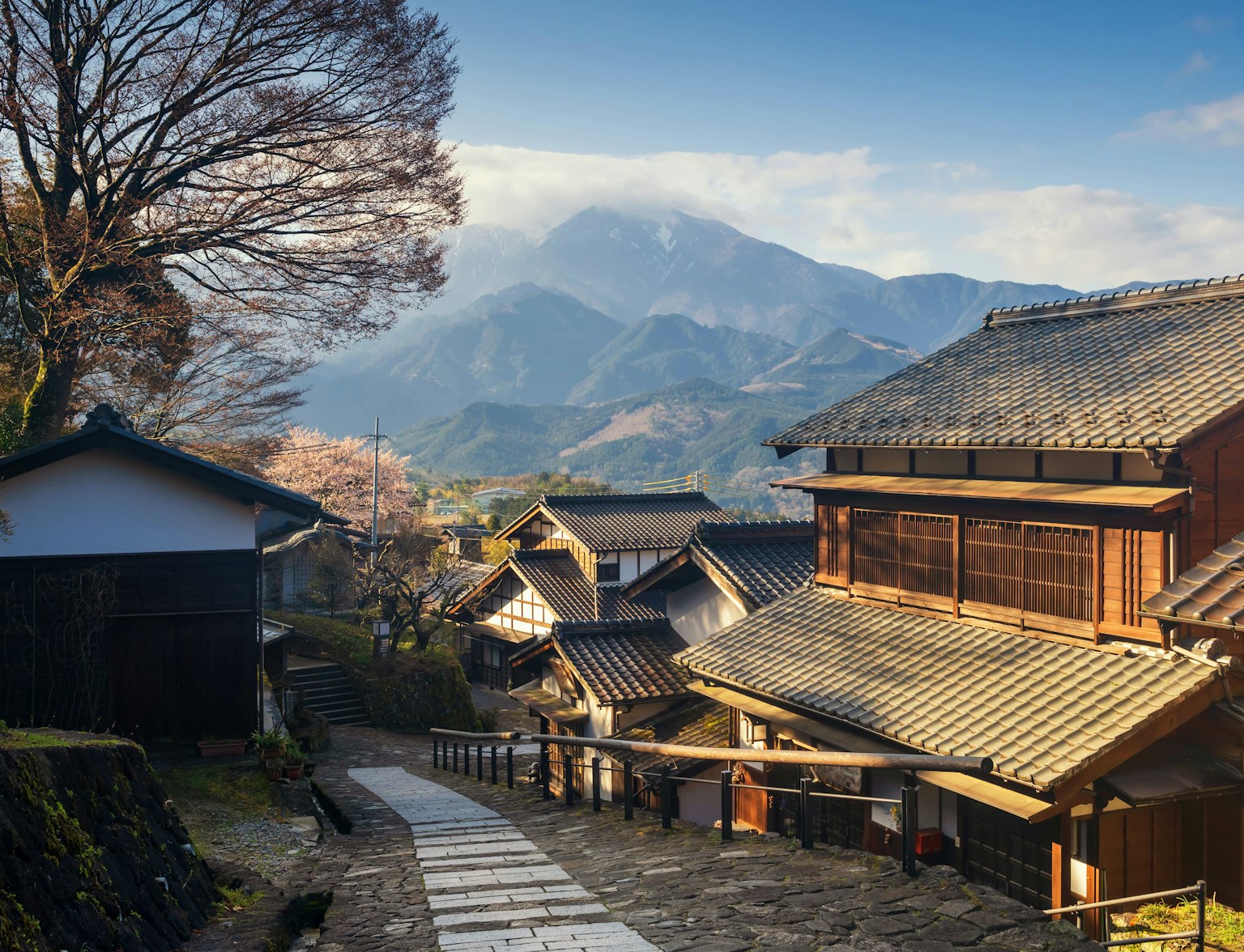
Wander along the spectacular Nakasendo Trail.
Japan is home to a diverse array of wildlife, and engaging in responsible wildlife-watching activities can help raise awareness about the importance of conservation and habitat preservation. By observing animals in their natural environment and following ethical practices, travelers can support Japan's efforts to protect its unique biodiversity while enjoying an unforgettable experience.

From the snow monkeys of Jigokudani Monkey Park in Nagano to the sika deer roaming free in Nara Park, Japan offers numerous opportunities for wildlife watching. Other notable destinations include the Kushiro Wetlands in Hokkaido, home to the endangered Japanese red-crowned crane, and Yakushima Island, where you can spot the endemic Yaku sika deer and Yakushima macaques. These locations offer unparalleled experiences for nature lovers while supporting local conservation efforts.
Volunteering is an excellent way for travelers to contribute to Japan's environmental conservation and community development initiatives. By dedicating their time and skills to support local projects, visitors can make a positive impact on the country's environment and society while gaining valuable insights into Japanese culture and customs.

There are several organizations in Japan that offer eco-friendly volunteering opportunities, such as the Japan Environmental Exchange (JEE), which focuses on environmental education and conservation projects; WWOOF Japan, which connects volunteers with organic farms and sustainable living initiatives; and the International Volunteer Center of Yamagata, which promotes reforestation and community development. By participating in these programs, travelers can actively contribute to Japan's sustainability efforts while fostering a deeper understanding of the country's unique environment and culture.
Japan is a country that inspires awe and wonder in travelers from all over the world. From the towering skyscrapers of Tokyo to the majestic peaks of Mount Fuji, Japan's beauty is unmatched. However, as visitors, we have a responsibility to protect this fragile environment and preserve it for future generations.
By choosing eco-friendly travel options, we can reduce our impact on the environment and support local communities. Whether it's cycling through the countryside, staying in a traditional ryokan, or enjoying local cuisine, there are countless ways to experience Japan sustainably. So why not embark on your next adventure with a commitment to sustainability and leave a positive impact on this remarkable country?

Try eco-hiking in Hiroshima and interact with the community along the trail.

